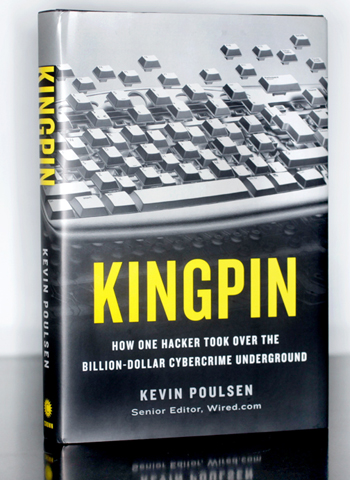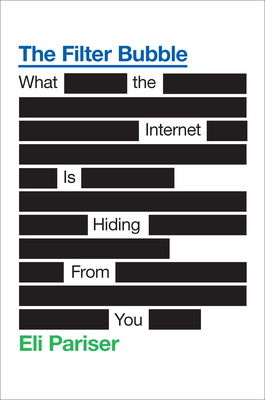I've just listened to a Manager-Tools podcast on recommended books for everyone to (re)-read. It made me think about what I'd regard as the best IT books I've read over the last while.
Note: the links on the book titles take you to Amazon. Check out your local bricks & mortar bookstore first - you might be able to pick them up without the hassle of freight and waiting. And they need your support.
Fredrick Brooks (1975+) The Mythical Man-Month: Essays on Software Engineering (MMM)
This is the classic book about working in IT. Few things date more quickly than a computing book. There is a reason that this book is still a best seller almost four decades later.
MMM is a series of short essays describing truths about IT and the activity of working with computers. An example of this book is his essay "No Silver Bullet" which was added to MMM in the anniversary edition.
Further details on this book, including a summary of each chapter is at wikipedia
Peter Drucker (1967) The Effective Executive
“those knowledge workers, managers, or individual professionals who are expected by virtue of their position or their knowledge to make decisions in the normal course of their work that have significant impact on the performance and the results of the whole.”That pretty much describes IT to me. Drucker emphasizes five practices that are essential if you're going to be effective:
- Managing time
- Choosing what to contribute to the organization
- Knowing where and how to mobilize strength for best effect
- Setting the right priorities
- Knitting all of them together with effective decision-making
Kevin Poulson (2011) King Pin
From two ancient books to something very recent. For many years I would have listed Cliff Stoll's "Cuckoo's Egg" in my favorites list. But it is quite dated today (still a great book) and I haven't mentioned it to anyone for ages. But we now have a modern, true, cyber-criminal book. Poulsen's story of an ace credit-card fraudster and hacker reads like a novel but is a well researched and referenced coverage of a very real threat. This is one of the best books I've read in a very very long time.
Eli Pariser (2011) Filter Bubble
This books stems from a TED talk that Eli gave in 2009. The book fleshes out the details he glossed over in his nine minute talk. The main point is that sites like youtube, facebook and google all try to use "smarts" to customize our searches to us individually. This means that as they learn more about us, they are able to give us more of what we are interested in. Sounds good?The down side is that the more these sites learn about us, the more we see of things that we've already seen. We get exposed to more of the stuff that we already agree with. That's not healthy if taken to the extreme. We start living in a bubble which we create for ourselves, unaware of the rich tapestry of life and views that we either don't really like or haven't been aware of. And as the bubble becomes more entrenched - we are less likely to be aware of.
This is one of the reasons I love twitter. I follow people because I find them interesting - and pourposly follow a number of people who I disagree with when I can see that they are sincere and thoughtful. I use twitter quite deliberately to be exposed to things outside of the bubble I create. An analysis of those I follow would show that I'm not very successful ... but I do try :-)
.jpg)



No comments:
Post a Comment